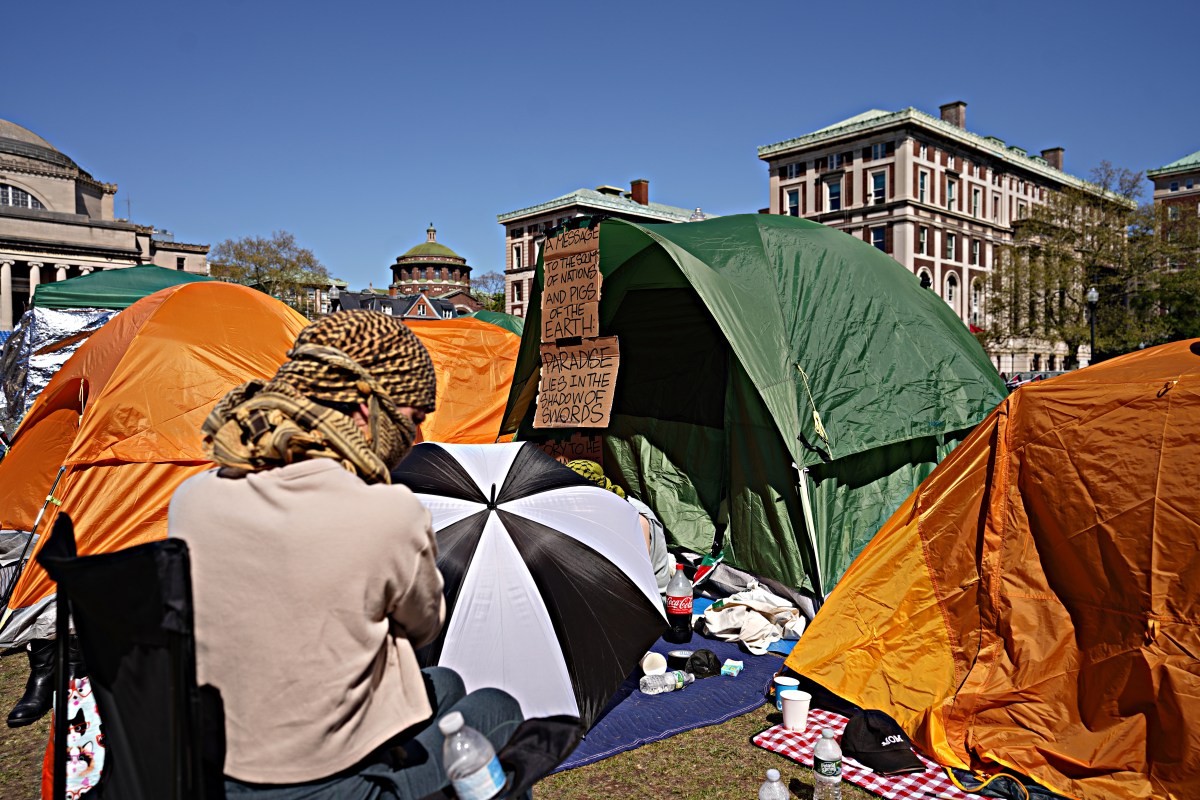Acclaimed author and screenwriter Jon Raymond reminds us that the end is always in the beginning. In his sophomore novel “Rain Dragon,” a young couple impetuously embarks on a journey of discovery together, trading Los Angeles for a dairy farm outside of Portland, Oregon. But, their paths diverge and they come to realize that the life they’ve romanticized isn’t so romantic. Where Amy sees omens, Damon finds opportunities; where Amy sees opportunities, Damon finds himself alone. As they pursue their own niches in their new community, it exposes fissures in their tumultuous seven-year relationship. Raymond asks his readers: can one sacrifice their ideologies for a greater good? We ask him about taking risks, falling in love and whether the grass on the other side is ever really greener.
Why can’t Damon, whose job it becomes to promote better communication in businesses, find the same success in his most intimate relationship?
The influence of New Age thinking has become so commonplace that people often end up articulating their needs and desires in almost exactly the same way they’d write a corporate mission statement. Everything ends up as a forum for self-improvement. I wanted to deal with this broader New Age way of thinking without any kind of irony or judgment attached. Openness and communication are the hallmarks of New Age thinking, [but] there are some things that simply can’t be said.
Did you know in advance the trajectory of Damon and Amy’s relationship or did you let it unfold organically as you were writing?
I always knew that the destiny these characters imagined for themselves was not going to be the destiny the universe doled out. The book is about how people fabricate a sense of fate in their lives — that feeling that your actions have some greater meaning, that your story has some special shape.
The couple first runs away from Los Angeles. If having learned that their baggage comes with them wherever they go, why did you choose the outcome that they run away again?
The story takes place over the course of a year, and the characters conform to a circular path. They start where they end, hopefully with more self-knowledge or at least a momentary sense of renewal. We keep doing the same things over and over again, sometimes with minor differences, and every once in awhile we find ourselves in a new season.
A lot of romantic relationships fail because the persons involved stop teaching and learning from one another. How do you avoid stagnation?
So much of our popular culture is fixated on the big, pyrotechnic event of falling in love, the finding of “the one,” and pays so little attention to the longer, unfolding work of love. In “Rain Dragon,” I wanted to jump past that initial flush and into a relationship at the moment of possible commitment. Are these people going to walk into the darkness of the future together? Or are they even able to imagine a future?
Happiness is an abstract idea and it’s different for everyone. Is there something more concrete or accessible that one might seek?
I tend to frame my own life in the negative. I don’t want to do this; I don’t want to feel that, thus I’ll behave in this way. So my key to happiness is largely evasive. The pursuit of happiness can look unwise at times, just a selfish, acquisitive, hypocritical lifestyle. Being useful to others, putting other people ahead of oneself: anecdotally, that attitude seems to make for happy states of mind.
Like Amy, and maybe more skeptically, Damon, do you believe in omens?
Almost against my will, I definitely end up looking for them, and sometimes even making decisions partly based on them, but I don’t know that I truly believe in them. The trick is not going so far that you become warped and superstitious.
Are you collaborating on any screenplays at the moment?
Kelly [Reichardt] and I have a new screenplay finished that, God willing, she’ll get to make this year. It’s a story about environmental radicals performing an act of eco-terrorism. I’m also working on a script with Todd Haynes about a Joe-the-Plumber type guy who becomes a famous right-wing pundit. In both cases, I’m trying to stay positive and visualize the best possible outcome.















